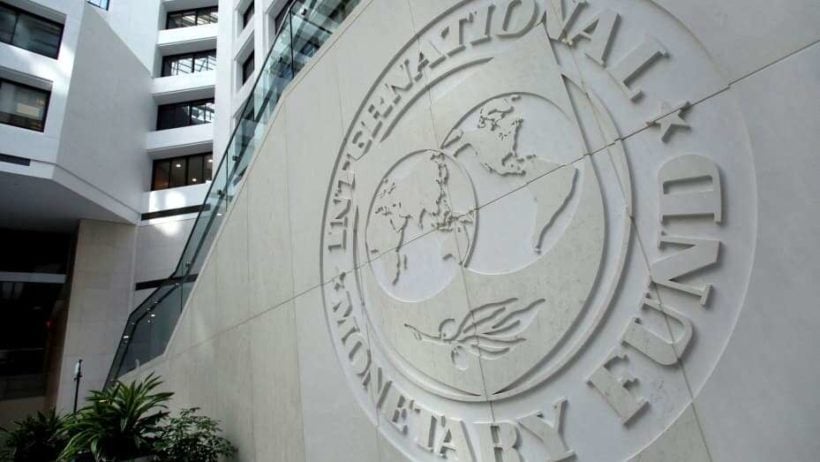
JOHANNESBURG, Feb 15 (Reuters) – Senegal’s diversified funding sources mean it could be better placed than some countries to navigate investor concerns sparked by political uncertainty, after President Macky Sall delayed a presidential election, the International Monetary Fund said.
A significant portion of Senegal’s funding is on concessional terms, and a planned reduction in issuing more expensive syndicated loans will minimise its dependence on volatile private debt, a spokesperson for the fund said in emailed comments.
The abrupt postponement of the Feb. 25 vote until December plunged the once-stable country into crisis, intensifying a backlash against what many see as a bid to extend Sall’s mandate and undermine one of the remaining democracies in coup-hit west Africa.
Three people were killed and around 270 reportedly detained during the protests that swept the capital Dakar and several other Senegalese cities late last week, raising fears of protracted unrest.
“Recent political developments in Senegal have created some uncertainty, potentially impacting investor confidence and economic activity,” the IMF spokesperson said.
“While potential investor caution could lead to higher interest rates and tighter financial conditions, … Senegal may be better positioned than some to navigate potential investor concerns due to its diversified and less volatile funding sources.”
In a December report, the IMF noted that Senegal had borrowed more in 2023 to cover its 2024 financing needs, “in order to avoid interest rate spikes as the 2024 presidential elections approach”.
That caution could pay dividends.
“Senegal does not plan further debt issuance in 2024, a move that would require parliamentary approval,” the IMF spokesperson said.
Nonetheless, Senegal needs to stay on track with planned economic reforms in order to maintain debt sustainability, the IMF said.
Senegal’s public debt-to-GDP ratio climbed to an estimated 79.6% last year but was forecast to fall to 72.5% this year, the IMF said in December.
Senegal secured a three-year loan of about $1.9 billion from the IMF in June last year.
(Reporting by Rachel Savage; Editing by Alexander Winning and Michael Perry)